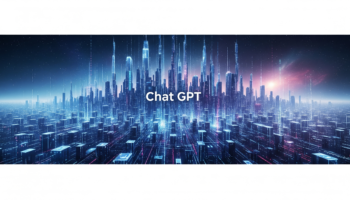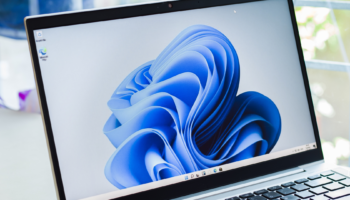ChatGPT is becoming more like your most trusted assistant, remembering not only what you’ve told it about yourself, your interests, and preferences, but also applying those recollections to future conversations. It’s a seemingly minor improvement that might make generative AI appear more human and pave the path for General AI, in which an AI brain functions more like the gray matter in your skull.
On Tuesday, OpenAI revealed the limited test in a blog post, stating that it is evaluating ChatGPT’s (both free and Plus) ability to recall what you tell it across all talks.
With this upgrade, ChatGPT can remember casually, picking up intriguing bits along the go, such as my preference for peanut butter on Cinnamon Raisin Bagels, or whatever you specifically want it to remember.
ChatGPT is developing human-like memory, which could be the first important step toward General AI.
ChatGPT has a memory, which means that new talks with it do not have to start from beginning. A fresh prompt could have conveyed context to the AI. A ChatGPT with memory becomes more of a handy helper, knowing how you drink your coffee in the morning and never scheduling meetings before 10 a.m.
In practice, OpenAI claims that the memory will be used for future prompts. If you inform ChatGPT that you have a three-year-old who adores giraffes, future birthday card ideation discussions may provide card ideas including a giraffe.
ChatGPT will not merely repeat its memories of your preferences and interests; instead, it will use that information to function more efficiently for you.
It can remember
Some people may find it unsettling that an AI may recall several discussions and use that information to benefit you. That’s probably why OpenAI allows people to simply opt out of the memories by adopting the “Temporary Chat” option, which will appear to introduce amnesia to ChatGPT.
ChatGPT, like your browser, allows you to go into settings to erase memories (I like to think of this as targeted brain surgery), or you can tell it to forget something.
For the time being, this is a test among some free and ChatGPT Plus users, but OpenAI has not specified when it would make ChatGPT memories available to all users. I did not discover the feature live in my free ChatGPT or Plus subscription.
OpenAI is now introducing Memory capabilities to its new app-like GPTs, allowing developers to incorporate the functionality into custom chatty AIs. These developers will be unable to access memories stored in the GPT.
Are we too human?
An AI with long-term memory is a more challenging proposition than one with a fleeting, at best, recall of earlier talks. Of course, there are privacy considerations. Do you have to be concerned about your details showing in someone else’s ChatGPT discussions if ChatGPT memorizes what it finds interesting or relevant about you at random? Probably not. OpenAI says that memories will be removed from ChatGPT’s training dataset.
According to the company’s blog, “We’re taking steps to assess and mitigate biases, and steer ChatGPT away from proactively remembering sensitive information, like your health details – unless you explicitly ask it to.” That would help, but ChatGPT must recognize the distinction between valuable and sensitive information, which is not always evident.
This upgrade could have far-reaching consequences. ChatGPT can appear relatively human in prompt-driven talks, but its hallucinations and foggy memories about how the conversation began, for example, highlight the fact that more than a few billion neurons still divide us.
Memories, particularly information provided casually back to you during ChatGPT talks, may alter that impression. Our interactions with others are mostly shaped by our shared experiences and recollections of them. We utilize them to shape our interactions and conversations. It is how we connect. Surely, we’ll feel more connected to a ChatGPT who remembers our dislike of spicy foods and our love of all things Rocky Balboa.






